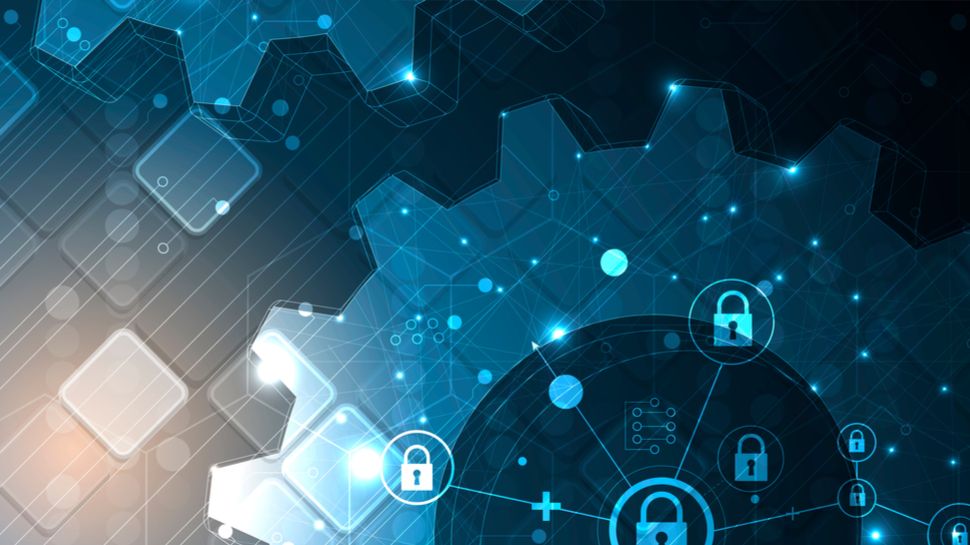Ransomware Threat: Beware Fake File Converters, FBI Says
The FBI is warning the public about a surge in ransomware attacks leveraging malicious file converter applications. These seemingly innocuous programs, often advertised online as free or low-cost solutions, are secretly designed to encrypt users' files and demand a ransom for their release. This sophisticated attack vector highlights the growing need for increased cybersecurity awareness among individuals and businesses alike.
How the Scam Works:
Victims typically encounter these fake file converters through deceptive online advertisements, malicious email attachments, or compromised websites. The software might appear legitimate, offering to convert files between various formats (e.g., PDF to DOCX, JPG to PNG). However, upon installation, the program secretly encrypts the user's crucial files – documents, photos, videos – rendering them inaccessible. A ransom note then appears, demanding payment (usually in cryptocurrency) for the decryption key.
Red Flags to Watch Out For:
- Unverified Sources: Downloading software from untrusted websites or unofficial app stores is a major risk factor. Stick to reputable sources and always check reviews.
- Lack of Transparency: Legitimate software developers are generally transparent about their processes and licensing. Be wary of applications with vague descriptions or hidden fees.
- Unusual Permissions: Pay attention to the permissions a file converter requests during installation. If it asks for access to more than necessary (e.g., accessing your entire file system), it could be malicious.
- Poorly Designed Interface: While not always a definitive indicator, a poorly designed or unprofessional-looking interface could be a sign of a malicious program.
- Suspicious Pricing: Be cautious of unbelievably low prices or "free" software, especially if it requires personal information or has hidden costs.
FBI Recommendations for Protection:
- Back Up Your Data Regularly: This is the single most important step in mitigating the impact of a ransomware attack. Regularly back up your important files to an external hard drive or cloud storage service. Ensure your backups are offline and not accessible to the infected computer.
- Use Reputable Anti-Virus Software: Invest in reliable antivirus software and keep it updated. This will help detect and block malicious programs before they can encrypt your files.
- Be Wary of Downloads: Only download software from trusted sources and verify the legitimacy of the developer before installing.
- Enable Two-Factor Authentication: Protect your online accounts with two-factor authentication to prevent unauthorized access.
- Educate Yourself and Your Employees: Cybersecurity awareness training is crucial, particularly for businesses. Educate employees about the risks of phishing emails, malicious websites, and untrusted software downloads.
What to Do If You're Infected:
- Do Not Pay the Ransom: Paying the ransom does not guarantee that you will get your files back. In many cases, the attackers simply disappear after receiving the payment.
- Disconnect from the Network: Isolate the infected computer from the network to prevent the ransomware from spreading.
- Report the Incident: Contact the FBI's Internet Crime Complaint Center (IC3) to report the attack.
- Seek Professional Help: Consider contacting a cybersecurity professional for assistance in recovering your files. They may be able to help you decrypt your data without paying the ransom.
This latest warning from the FBI underscores the importance of practicing safe computing habits. By staying vigilant and implementing these preventative measures, you can significantly reduce your risk of falling victim to ransomware attacks disguised as seemingly harmless file converters. Remember, prevention is always better than cure.
Keywords: Ransomware, FBI warning, fake file converters, cybersecurity, data encryption, ransomware attack, online security, data protection, cybercrime, internet security, malware, phishing, virus protection, data backup, file conversion, software security.

